Menstruation Is Normal. Period!
Often shushed by society, menses/ period talk is still a whispered ‘women’s only’ business, even among the adults. It is considered a taboo topic rather than a crucial and celebrated part of women’s health. Despite being a cause of major concern, women’s health issues are generally kept under wraps in society. Reproductive health, in particular, has been ignored due to lack of understanding of basic menstrual health and hygiene. Menstrual health is an integral part of the overall health of a woman as it regularly and often catastrophically disrupts their physical, mental, and social wellbeing. My City Links talked to a gynecologist and a few other people to know more about this biological process and bust some myths associated with it.

Menarche
The first occurrence of menstruation, known as menarche, happens in a young female when she is about 13 years of age. This characteristic event repeats every month (around 28 days) in the form of menstrual bleeding. It temporarily stops only during pregnancy. Dr Rashmi Hegde (O&G), Consultant in Obstetrics and Gynecology, Infertility and Laparoscopic surgeon, Kalinga Hospital, said, “Nowadays girls start menstruating even at the age of 10. Although it is not an anomaly, girls are not mentally prepared to understand the concept and go through it. This is mostly due to the change in diet of the present generation.”
Menstrual cycle
Menstruation or the period of menses generally lasts for 3-5 days during which blood and other matter discharged from the uterus flows out through the vagina. The bleeding is caused due to the shedding of the uterine lining rupturing the blood vessels. Starting from the onset of menstruation, the ovary begins to form a new egg in a follicle. Once the egg matures, it is released from the follicle and travels towards the uterus which is now thickened with nutrients to nurture the embryo once the egg is fertilised.
If there is no fertilisation, the egg disintegrates and the uterine lining restarts its shedding process on the 28th day. On the other hand, if the egg is fertilised, it gets implanted or fixed in the uterine wall and there is no menstrual discharge. If there is no implantation, the corpus luteum, which is made from the follicle that housed a mature egg, degenerates and the uterine wall starts losing its thick lining. This causes menstruation.
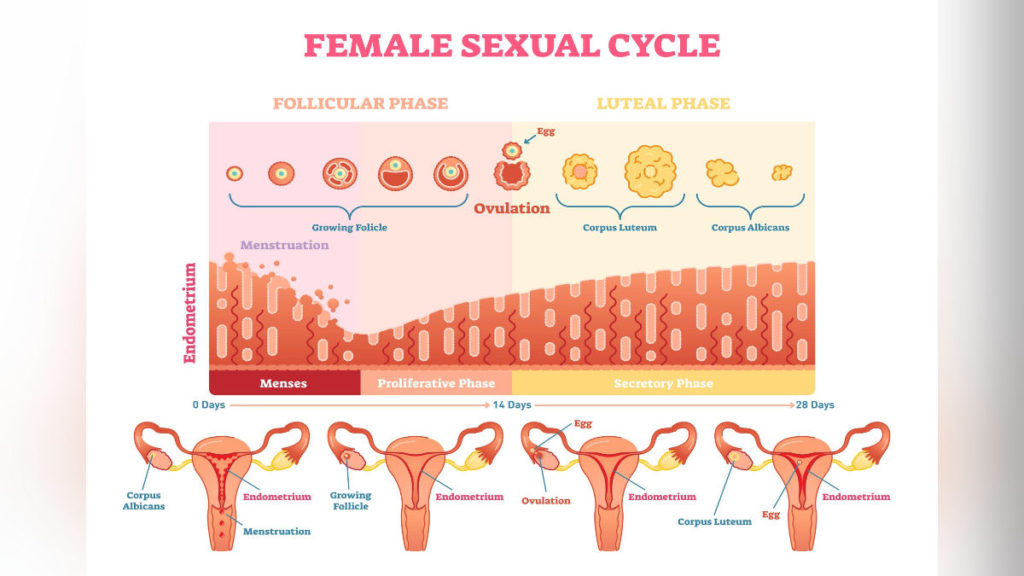
Myths/ Misconceptions
The myths and misconceptions around periods are not only false beliefs but also encourage gender discrimination. Believing myths make it more difficult for women to talk about their periods and ascertain whether or not their menstrual cycle is normal and healthy. Superstitions and myths lead to shame, silence, and can even lead to poor reproductive health outcomes for women and men alike. It is believed that one should not exercise or do much physical activity while on their period, but this is entirely wrong. Women are forbidden from entering the kitchen when on their periods and it is a good excuse to give them a break from daily chores, but it should not be practiced superstitiously. In some cultures, women are expected to take a full body bath on the first and the last day of their period, following which she becomes ‘pure’.
Raja Festival
Odisha, India’s best kept secret, celebrates womanhood and menstruation during a unique festival called Raja. The term ‘Raja’, pronounced as ‘Rawjaw’, comes from the word ‘Rajaswala’ meaning a menstruating woman. It is believed that Mother Earth menstruates for three days with the onset of ‘Ashadha Masha’ (rainy season) and she is given a ‘ceremonial bath’ on the fourth day. Odias abstain from doing any kind of agricultural activity like ploughing or sowing as the earth is believed to be going through rejuvenation. Beyond all taboo and shame, Odisha celebrates this beautiful phenomenon of womanhood in a grand way.
Syed Ehsaan, a single father to a 14-year-old girl, said, “After my wife’s demise, I was advised to remarry for the sake of my daughter. I couldn’t do that. My daughter had her first period during the lockdown and I was happy to talk to her about it and tell her everything she needed to know. Unlike my family, I do not encourage any age-old customs to come in between our bonds. The lockdown helped me to be with her and clear all her doubts around periods.”
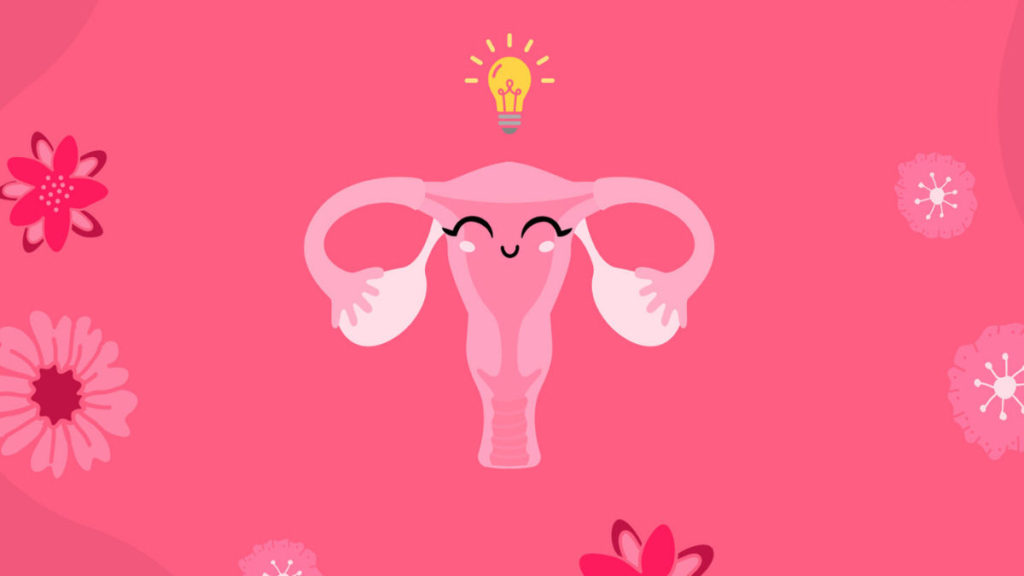
Complications
A woman loses about 80 ml of blood while on her period. Anything less or more is a matter of concern and should be consulted with a doctor. Irregular or absent periods can also be a reason for an underlying disease, which might need immediate diagnosis. Painful cramps are normal, but if it hampers your basic everyday activities, it needs to be checked. Menstrual migraine is another major issue which leads to a bad headache. Dr Hegde said, “A well- balanced and healthy diet with exercise can help keep period problems to a minimum. With climate change and abnormal dietary intake, these complications are on the rise these days.”
PMSing
Premenstrual Syndrome (PMS) occurs five to seven days prior to period and ends when the flow begins. It goes beyond the typical cramps and discomforts associated with periods. It is associated with feelings of depression, mood swings and an inability to focus as well as headaches, bloating and fatigue. These affect the lifestyle and hamper daily activities.
Ankita Nayak, an IT professional, finds it very difficult to work or even get on with daily chores before her periods begin. “I become unreasonably irritable and fussy. It hampers my mental state to a great extent and I have suffered due to it at my workplace as well. But Yoga, meditation and proper diet has helped me keep these problems at bay,” she informed.
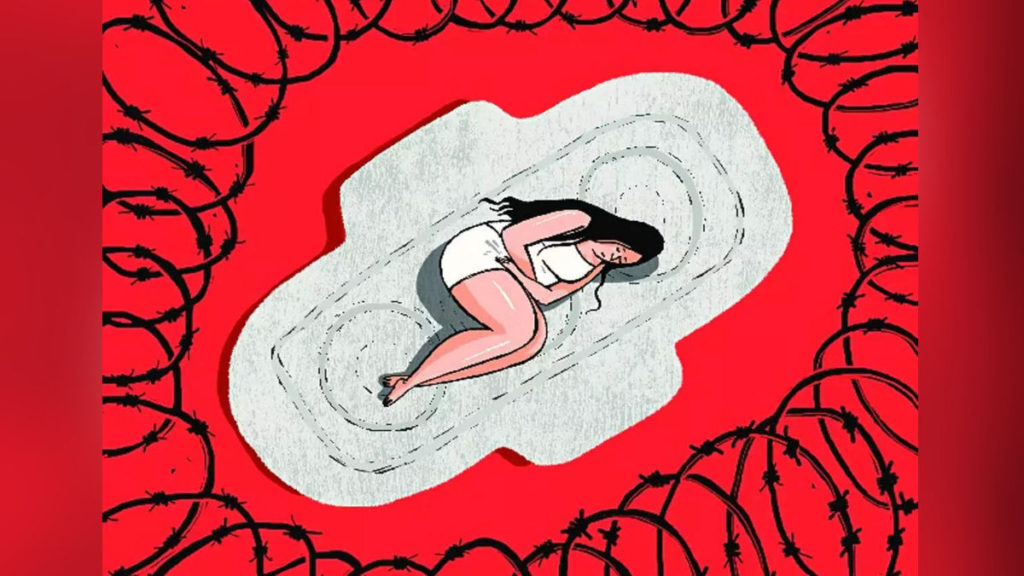
Products Available
With the advancement of technology, numerous sanitary products to control the flow during menses have come up. To name a few, sanitary pads, tampons and menstrual cups are readily available in the market. To choose the best among these is entirely a personal choice. Sanitary pads are very convenient but its disposal is a major environmental concern. Tampons and menstrual cups are inserted in the vagina, which consequently soak up any flow, but they can rupture the hymen. In some sections of the society where virginity defines the moral character of young women, a ruptured hymen can be linked with unchastity which is forbidden.
For 16-year-old Akankshya Swain, menstrual cups are the best option. “Since I love swimming, menstrual cups really come handy. They do not soak up water like pads and feel extremely comfortable. My aunt bought me this on my birthday and since then it has been a life-saver for me. It has freed me from a lot of hassles. Moreover, it is reusable and eco-friendly, so a win-win situation for me,” she said.
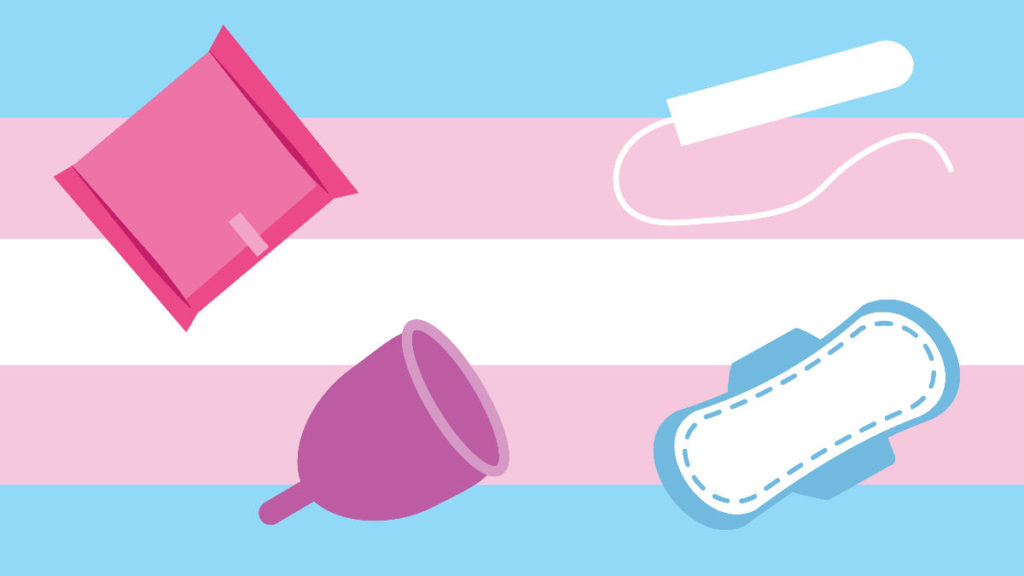
Sexual Intercourse
Contrary to the general belief that sexual intercourse should come to a standstill during the menses, it is in fact safe albeit messy. It comes with added benefits as well like giving relief to cramps and alleviating the mood. Though the chances of getting pregnant during periods are slim, using protection is a good idea. It reduces the odds of contracting any infection or conceiving during this time. “Impregnating a woman on her period is quite unlikely but theoretically it is possible,” said Dr Hegde.
Menstrual Hygiene
Periods smell like, well, periods, and some people opt to mask the odor with powder, soap, or any perfumed wipe. But using these fragrant products can actually irritate the sensitive vagina. Dr Hegde said, “When it comes to vaginal cleansing, leave it alone. The best way to keep your vaginal flora healthy and happy is to cleanse it with water only.”
She recommended avoiding any chemical in the form of fragrant soaps, wipes and shower gels as the vagina has the ability to cleanse itself. Governmental and non-governmental organisations are coming up with initiatives to promote menstrual hygiene and proper care but it is yet to catch momentum and reach the masses.
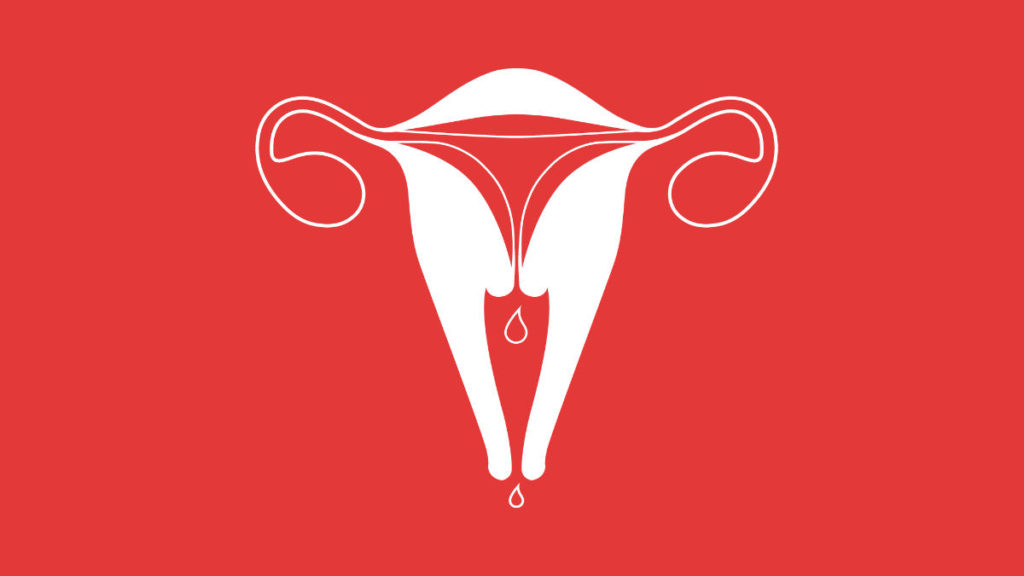
Menopause
Menopause is the permanent stoppage of menstruation that happens around 40-45 years of age. It occurs when a woman has not menstruated consecutively for the past 12 months and thus can no longer become pregnant naturally. It can cause uncomfortable symptoms, such as hot flashes and weight gain. Taking health supplements, exercising and managing weight can help control menopause symptoms.
Beyond all beliefs, menstruation is a natural process that needs to be celebrated rather than shamed and given the status of a taboo. Periods must be discussed, irrespective of any gender. Period talk must be normalised to make the society a safer and better place to live in.

Author: Aafreen Firdaus
Aafreen is a doting mother to several kitties and a doggo who loves to pamper everyone with delicious food. She is a free spirit and a wizard of words and she loves to tell beautiful stories through her writing. She is also a loving and caring soul, always ready to pitch in with a helping hand and a smile on her face.
Read more from author


